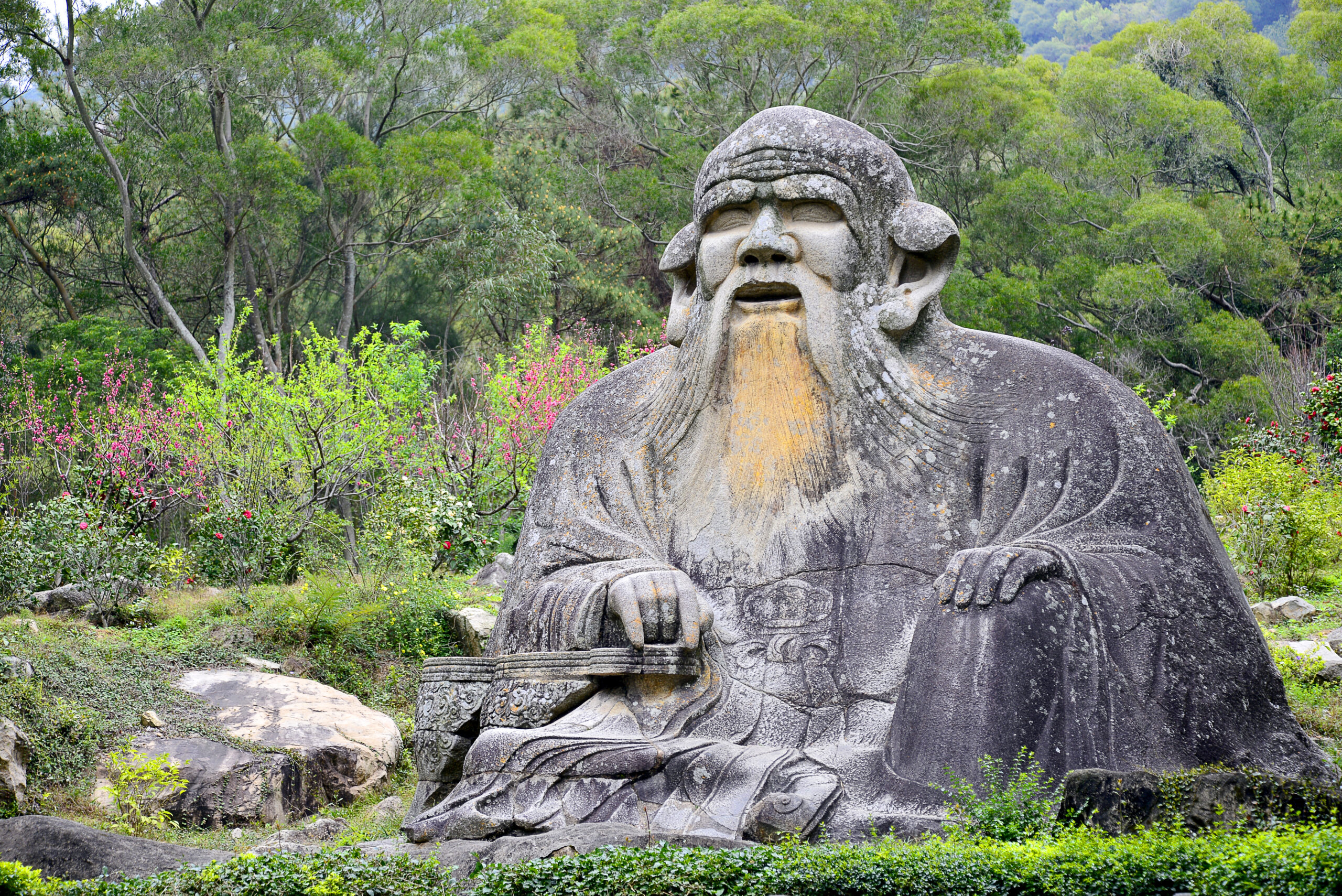
“We come nearest to the great when we are great in humility.” —Tagore
In an era marked by social media and instant gratification, leaders frequently contend with the allure of vanity. Yet, ancient wisdom and psychological insights offer profound lessons in cultivating authenticity and effectiveness. Whether new to leadership or seasoned veterans, these timeless principles provide invaluable guidance.
Consider the penetrating wisdom of Confucius, who asserted that “humility is the cornerstone of virtuous living.” For contemporary leaders, this entails recognizing limitations and remaining receptive to learning, thereby fostering character and garnering respect. Similarly, Laozi, the founder of Taoism, championed simplicity and humility, urging leaders to lead by example and cultivate harmonious environments. Leaders who welcome feedback and value candid advice inspire trust and propel continuous improvement.
Reflect upon the teachings of Jesus Christ, who exemplified humility through his actions. By washing the feet of his disciples, Jesus demonstrated that true leadership emanates from serving others. In the Gospel of Matthew, Jesus proclaimed, “Whoever exalts himself will be humbled, and whoever humbles himself will be exalted.” Similarly, the Apostle Paul admonished believers to “do nothing out of selfish ambition or vain conceit. Rather, in humility, value others above yourselves” (Philippians 2:3). These teachings remind us that leadership grounded in humility fosters respect and trust within a team.
In ancient Egypt, the concept of Maat embodied truth, balance, and justice. Leaders were expected to uphold these values to maintain societal harmony. The Instruction of Ptahhotep advises, “Do not be proud because you are learned; but discuss with the ignorant man as with the learned one. The limits of art are not reached; no artist’s skills are perfect. Good speech is more hidden than greenstone, yet it may be found among maids at the grindstones.” This ancient advice parallels the modern need for leaders to remain humble and approachable, valuing the contributions and perspectives of all team members.
Indigenous cultures also offer profound insights into leadership. Indigenous wisdom underscores the significance of community and the interconnectedness of all beings. Leadership is perceived as a duty to serve the community. Black Elk, an Oglala Lakota holy man, articulated, “The first peace, which is the most important, is that which comes within the souls of people when they realize their relationship, their oneness with the universe and all its powers, and when they realize that at the centre of the universe dwells Wakan-Tanka, and that this centre is really everywhere, it is within each of us.”
Vanity can markedly impede effective leadership, often originating from personal insecurity, societal expectations, and media influence. Ancient Asian traditions prioritize virtues such as integrity, empathy, and wisdom over superficial appearances. The Bushido code of Japan emphasized honour, integrity, and humility, aiding leaders in building trust within their teams. Buddhist teachings advocate for compassion and ethical conduct. The Buddha taught that genuine happiness arises from within, achieved through practising compassion and mindfulness. Leaders who actively listen and exhibit genuine concern for their team’s growth foster loyalty and a supportive environment.
Lifelong learning constitutes another cornerstone of effective leadership. Aristotle famously remarked, “The more you know, the more you realize you don’t know.” This principle of perpetual self-improvement is indispensable. Embracing lifelong learning sets a positive example and cultivates an environment where growth is valued. In ancient China, scholars devoted themselves to self-cultivation. The Confucian concept of “Junzi” (the superior person) epitomizes continuous self-improvement and moral development. Leaders who engage in professional development and self-reflection inspire their teams to strive for excellence and innovation.
Building on this idea of continuous growth, fostering a cohesive team necessitates harmony and respect. Confucianism and the Bushido code emphasize these principles. Modern leaders can promote teamwork and appreciate diverse perspectives. The Indian concept of “Vasudhaiva Kutumbakam” underscores unity and respect, fostering a cohesive community. The Bhagavad Gita highlights the importance of performing one’s duty with humility and detachment from outcomes. Leaders who prioritize respect and harmony create workplaces where collaboration and mutual respect flourish.
Further emphasizing the importance of internal balance, transcending the ego is imperative for authentic leadership. Ancient spiritual traditions from India and Japan illuminate this truth. Hinduism, Buddhism, and Jainism emphasize inner peace and spiritual growth. Zen Buddhism promotes mindfulness and self-awareness, concentrating on the present moment and team well-being. The Buddhist concept of “Anatta” (no-self) suggests that clinging to ego leads to suffering. Leaders who prioritize team success over personal accolades set powerful examples of selflessness and unity.
Addressing the unconscious facets of a leader’s personality can mitigate vanity. Vanity may manifest as hidden insecurities. By confronting these aspects, leaders achieve greater self-awareness and authenticity. Reflect: What are my deepest insecurities? How might they influence my actions?
Balancing recognition with modesty ensures sustainable success. While acknowledging achievements is essential, it must be tempered with humility. Ancient wisdom teaches that effective leadership involves celebrating collective successes rather than individual glory. Confucian teachings highlight modesty as crucial for social harmony and mutual respect. The Taoist principle of “Wu Wei” (effortless action) emphasizes achieving goals without force or excessive self-promotion. Leaders who credit the team for successes foster a culture of humility and mutual respect, ensuring long-term success.
Understanding the roots of vanity, including media and cultural influences, enables leaders to recognize how societal values shape their behaviours. Over-identification with social roles can lead to vanity. Leaders must distinguish between their true selves and the personas they project, striving for authenticity.
Ancient wisdom and psychological insights provide invaluable guidance for modern leaders. Embracing humility, inner values, continuous self-improvement, harmony, spiritual awareness, and modesty helps navigate today’s complexities with clarity and purpose. Leading with integrity and authenticity builds legacies grounded in enduring virtues.
Incorporating these teachings into leadership practices enhances personal growth and positively impacts those who are led, fostering a culture that values depth, meaning, and true success. Reflecting on ancient wisdom and applying it to contemporary contexts creates a balanced and enlightened approach to leadership. Understanding psychological underpinnings and learning from the past enables leaders to leave a lasting, positive impact on their organizations and communities, inspiring future generations to follow a path of wisdom and integrity.
Practical Applications
Daily Reflection: Dedicate a few minutes each day to introspection on personal motives and actions. This practice helps leaders remain grounded and self-aware. Ask yourself: What are my true motives? How can I better serve my team?
Feedback Mechanisms: Establish channels for honest feedback within the organization. Encourage team members to share their perspectives openly. Consider: How can feedback become a regular and valued aspect of our culture?
Celebrate Collective Success: Regularly acknowledge team achievements. This fosters a culture of collaboration and mutual respect. Reflect: What recent successes can we celebrate together?
Lifelong Learning: Commit to ongoing education and professional development. Stay curious and open to new ideas. Contemplate: What new skills or knowledge can I acquire to enhance my leadership?
Balance Recognition: Ensure that recognition is shared and not overly focused on individuals. Promote humility and collective pride. Ponder: How can I better highlight the contributions of the team?
By implementing these practical steps, leaders can embody the timeless principles discussed and lead with greater authenticity and effectiveness.
